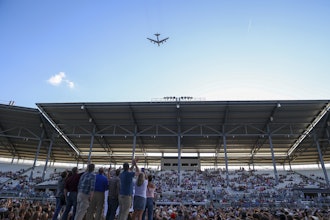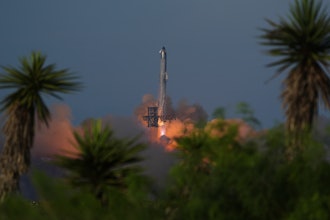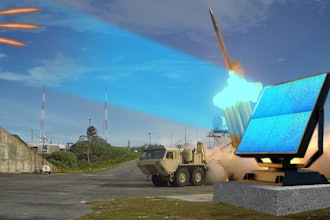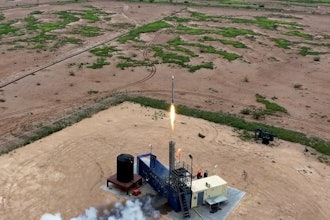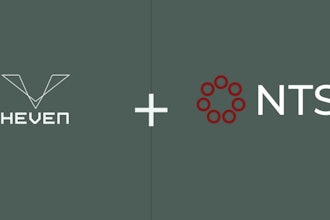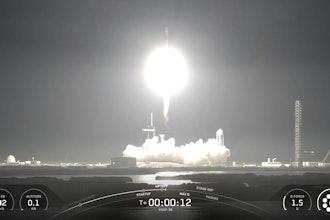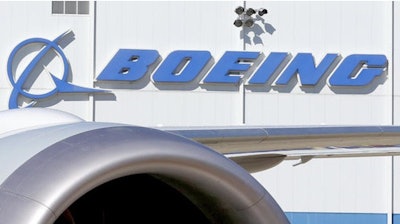
DUBAI, United Arab Emirates (AP) — Abu Dhabi’s flagship carrier, Etihad Airways, said Monday it is launching one of the world’s most fuel-efficient long-haul airplanes, part of a growing industry effort to reduce the environmental and financial costs of flying.
Etihad’s “Greenliner” is a Boeing 787 Dreamliner that will depart on its first route from Abu Dhabi to Brussels in January 2020. Etihad’s CEO Tony Douglas described the aircraft as a flying laboratory for testing that could benefit the entire industry.
With fuel costs eating up around a quarter of airline spending, Douglas said the goal of the Greenliner is to be 20% more fuel efficient than other aircraft in Etihad’s fleet.
“This is not just a box-ticking exercise,” he told reporters at the unveiling of the initiative at the Dubai Airshow alongside executives from Boeing.
The companies did not detail the technologies that would reduce fuel consumption, but in the past such efforts have focused on using new types of fuel, such as biofuel, or testing lighter materials.
This year, Etihad flew the world’s first passenger flight using sustainable biofuel made from a plant that grows in saltwater. It also became the first in the Middle East to operate a flight without any single-use plastics on board to raise awareness of the effects of plastic pollution.
Douglas said the aircraft “not only makes sense economically from a profit and loss account point of view, but because it also directly impacts the CO2 because of the fuel burn.”
Etihad has reported losses of $4.75 billion since 2016 as its strategy of aggressively buying stakes in airlines from Europe to Australia exposed the company to major risks.
Boeing rival Airbus said Monday it will start tests to see how two jets could fly together, one after the other, to reduce the amount of air drag. It estimates it could reduce 5-10% of fuel consumption per trip for the plane flying in its partner’s wake.
Aviation accounts for a small share of greenhouse gas emissions like CO2 - about 2.5% worldwide - but forecasters expect air travel to increase rapidly in coming years. And while the auto industry is turning to batteries to reduce local emissions, electrifying planes is far more complicated technically.
There’s a small but growing movement in Europe and North America that’s shunning air travel because it produces high levels of CO2 emissions. The trend is most prominent in Sweden, where the likes of teen climate activist Greta Thunberg have challenged travelers to confront the huge environmental cost of flying.
Some campaigners are also “flight shaming” travelers for their carbon footprint. Most recently, Prince Harry and his wife Meghan were criticized for flying on private jets this summer while calling for more action on climate change.
Etihad says it plans to make the Greenliner a “social media star” to bring under sharper focus its developments and achievements worldwide. Douglas said anything that Eithad learns with Boeing from this aircraft’s operations will be open domain knowledge “because it’s about moving the industry forward in a responsible fashion.”
“We’re like a millennial and like all good millennials, they’re really focused on the environment and the sustainability agenda,” Douglas said, referring to Etihad’s 16 years in operation.
The Greenliner will be the only aircraft of its kind in Etihad’s fleet of Dreamliners. The company currently has 36 of the 787s in its fleet with plans to operate 50.
“This is a small step today, but in a very, very long journey,” Douglas said.










